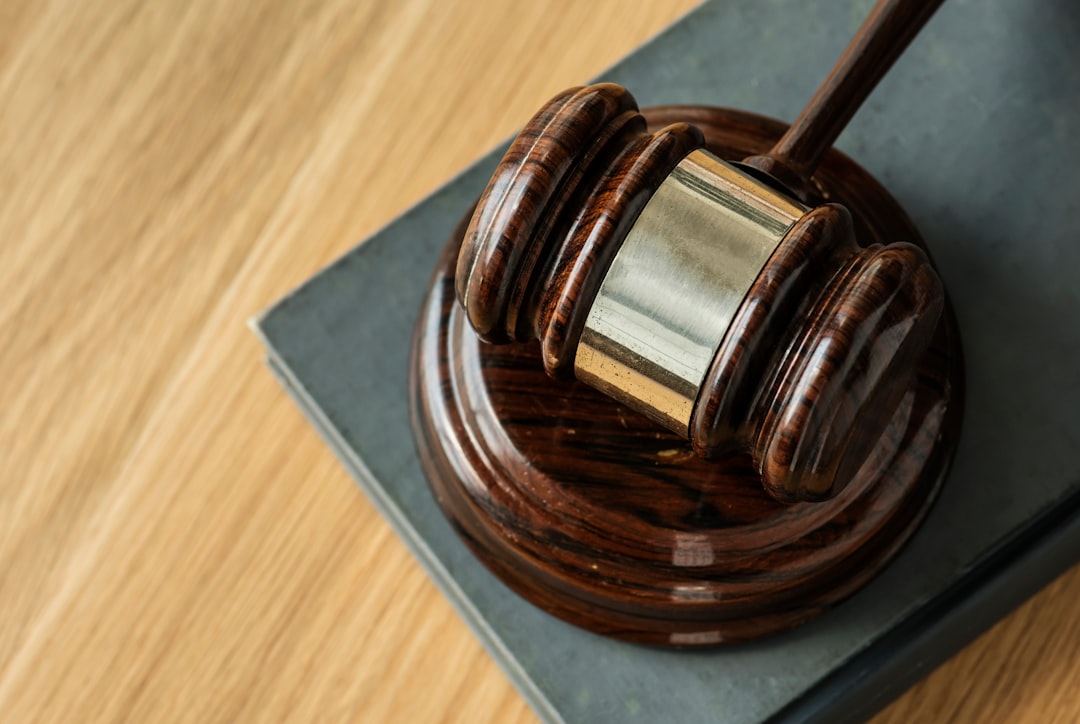Auctioneer Māngai Hokohoko
Auctioneers take charge of public or private auctions. They sell goods, property or livestock on behalf of the owner to people offering the highest price.
Before you can work as an auctioneer you must be either:
- registered as an individual auctioneer on the Trading Standards Auctioneers Register
- employed by a business that holds company auctioneer registration.
You may be exempt from registration if you are already a licensed real estate agent and auctioning land or property.
- Trading Standards website - information about registering as an auctioneer
- Real Estate Authority website - information about applying for a real estate agent licence
Auctioneers may do some or all of the following:
- inspect goods for auction and estimate their value
- arrange the place, date and advertising for an auction
- call for bids and look for bidding signals
- keep a database of goods for auction
- create online and print auction catalogues
- group items into lots for sale, and decide what order to sell lots at the auction
- organise online auctions
- provide information on goods to buyers
- keep a record of sales.
Physical Requirements
Auctioneers need to have:
- a clear, distinct and strong voice with no speech impediments
- good eyesight (with or without corrective lenses)
- reasonable fitness levels as they often have to help move heavy items such as furniture
- a neat and tidy appearance when auctioning from the stand.
Useful Experience
Useful experience for auctioneers includes:
- work as an auctioneer understudy, bidding assistant or auction room attendant
- office work in an auction house
- knowledge of industries in which auctions are held – for example, working with livestock is useful experience for stock and station auctioneers
- work in sales.
Personal Qualities
Auctioneers need to be:
- excellent at public speaking and holding people's attention
- observant
- willing to learn
- persuasive and persistent
- able to work well under pressure, think quickly, and show initiative
- patient and trustworthy
- good with numbers
- skilled at organising and making decisions.
They also need to have a good memory.
Skills
Auctioneers need to have knowledge of:
- auctioneering
- the details of the products they are selling
- product trends and their market values
- the Auctioneers' Act and other relevant legislation.
Conditions
Auctioneers:
- may work irregular hours, including evenings and weekends, depending on timings of auctions
- work in offices, auction rooms, or conference venues, or on-site where the auction is being held – for example, at wool stores, stockyards, or fruit and produce markets.
Subject Recommendations
There are no specific secondary requirements to become an auctioneer, but English and maths to at least NCEA Level 2 is usually preferred.
Auctioneers may be either licensed auctioneers or named sellers.
Licensed auctioneers can work freelance, but named sellers can conduct auctions for their employer only. Named sellers may progress to become licensed auctioneers by getting an individual licence.
Experienced auctioneers may progress to become valuers.
Both licensed auctioneers and named sellers may specialise in the following areas:
- Arts and Collectables Auctioneer
- Arts and collectables auctioneers auction antique goods, fine arts and rare collectable items. Within this area of auctioneering it is possible to specialise further in areas such as silver, Persian rugs, furniture, jewellery, fine art, paintings, tribal art and artefacts or dolls.
- Fruit and Produce Auctioneer
- Fruit and produce auctioneers auction edible goods.
- Auto Auctioneer
- Auto auctioneers auction vehicles and vehicle parts.
- General Auctioneer
- General auctioneers auction items such as whiteware or furniture.
- Real Estate Auctioneer
- Real estate auctioneers auction houses and buildings.
- Stock and Station Auctioneer
- Stock and station auctioneers auction livestock.
Years Of Training
There are no specific training requirements to become an auctioneer. However, you must be registered as an individual auctioneer or employed by a company that holds auctioneer registration to practise.
Learning on the job and through online courses
Most auctioneers learn how to conduct auctions by being an auctioneer's understudy, an auction room or bidding assistant, or a clerk.
Auctioneers can take online training courses from Australia, as there are no courses based in New Zealand. Some auction houses also run in-house training courses.

 Hagley Community College
Hagley Community College